“This Is My Black,” a children’s book published by Black Women Rising Inc., and written by Bishop Marcia Dinkins, is an engaging story about diversity and empowerment. Through cute illustrations and fascinating text, it teaches our children to appreciate and celebrate differences. Young readers and preschoolers are introduced to a girl on a journey to uncover the beauty that lies within her.
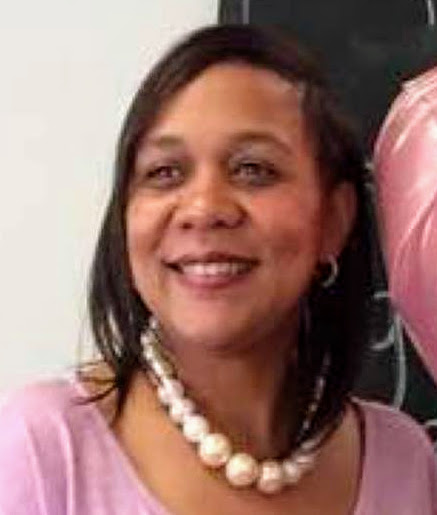
The eBook format provides accessibility and convenience, allowing them to recognize and accept who they are. The picture and activity books in the paperback and hardcover editions captivate young brains with coloring pages and interactive activities. It keeps my little boy interested and gives him a great break from technology.
This remarkable story inspires children’s creativity and instills a positive image of self-love. Our children can learn about the beauty of diversity and develop self-esteem. All in all, this book is a must-have addition to any child’s bookshelf.
In a recent interview, we caught up with author Bishop Marcia Dinkins to get to know the woman behind today’s bestselling children’s book.
Where do you get your information or ideas for your book?
The information is from the lived experiences that we encounter. This is My Black came as a result of my Granddaughter being bullied and her attempting to kill herself. I knew all too well what she was going through because as a child I was bullied, and spat on by both Black and White people. All through the third grade I was called a honkey. While I did not know what the word meant, it stung my little heart like nobody’s business. So when my daughter called me crying and sharing the situation, I too began to cry and pray and this God-inspired idea was given to me as a way to build up my granddaughter’s self-confidence, to address bullying and even colorism and other isms that children go through but are ignored. I scanned my family, and remembered how my daughters would ask questions about the different colors within our immediate family and it was at that point that the statement “The Beautiful Hues of You” was always my line of inspiration to her and countless others.
What was one of the most surprising things you learned in creating your book?
How much of my hurt started surfacing? This was difficult for me because it felt like I was looking little Marcia in the eyes seeing her hurt while also crying with her. I also never knew how much anger would rise up inside of me. This anger was like a resolve, a determination, and a call to action to walk with others through the pain. I felt such compassion for youth, young adults, adults, and older adults who experienced the harms of bullying, suicidal thoughts or just coping by harming themselves in other ways. To be honest I was surprised at how much it activated within me and the layers in which I want to see this work evolve.
When did you first realize you wanted to be a writer?
I have always enjoyed writing. It was always my outlet. Even now I write down everything because I believe there is beauty in words. But I believe when I was 8 years old that is when I developed my love for writing and wanted to write. I found that writing allowed me to be myself, express myself, and even sass back without getting in trouble. Children, when I was growing up, were always told we were to be seen and not heard. I don’t think our parents realized that this was stifling our voice, creative expression, identity, and connection to our feelings which are supposed to be shared with sound. So for me, writing became my sound.
What do you like to do when you’re not writing?
That’s a good question. It seems like I am always asking myself what I like to do. COVID really shifted things and oftentimes I feel like I am still answering that question. But what I can say is I like to podcast. I have a podcast called Healing & Hashtags. I love family time and eating ice cream (homemade butter pecan) and watching reruns of My Lottery Dream House. You can also find me studying my Word because I love to spend time with the Lord when I am not writing.
Any advice you want to give to parents dealing with bullying?
The problem is that it will definitely be another book. What I will say to parents is to connect with their children. Provide them a safe place to share their heart with you about what is going on with them. Don’t jump to conclusions. Listen to hear them and not just respond. Watch their actions. A child who was happy and laughing and is now withdrawn indicates something. If they don’t want to go to school, ask them why. One thing I used to do with my children when they were little, I would watch their countenance as they came to the car. I would ask them how their day was. What did they do today? How were their classmates? Mind you these questions were asked before I pulled off. I always let my children know that I had their back. I built a relationship of trust. I also encouraged them to stand up for themselves and taught them ways to do it. Oh yeah, I forgot to mention when I asked my children the questions about their day, we were still in the parking lot. I did this because I did not want to let the day go by without the situation being confronted, an appointment made, and making someone aware of what may have happened. One thing I also encourage parents is don’t always excuse an educator’s behavior but deal with it tactfully. A person who knows that a child, especially a black child, has a backing they are less likely to try their antics. I could go on and on because I have experienced this on so many levels. The last thing I would say is always to let your children know that you love them and that they can count on you. If it feels like the world is turning on a child, the child ultimately turns on the world or themselves.
What’s next for you?
I plan to start a This is My Black Podcast to bring in the voices of children and parents who have been bullied. I also want to start speaking more about this and to do that I have been working on trauma-informed workshops to help people become more aware of what trauma looks like, and how it shows up and to help people to stop seeing others as symptoms and understand that events and situations happened and we must shift our thinking to deepen our relationships. I want to turn this into a series and I am also going to finish up the books that I have started.

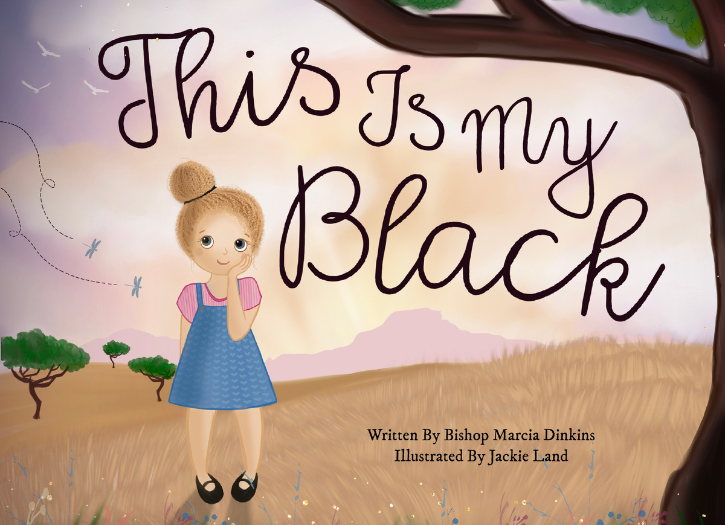
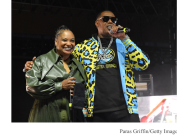

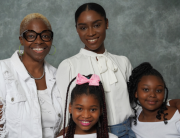

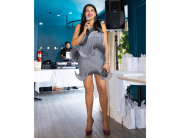
Add Comment
You must be logged in to post a comment.